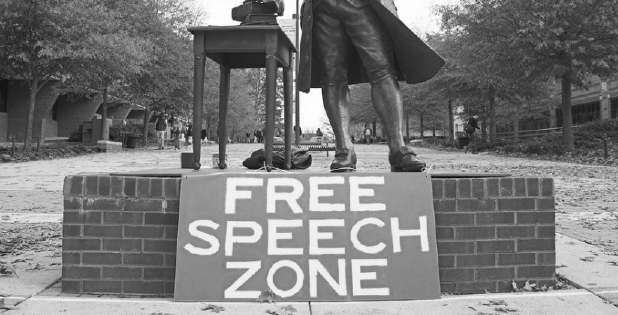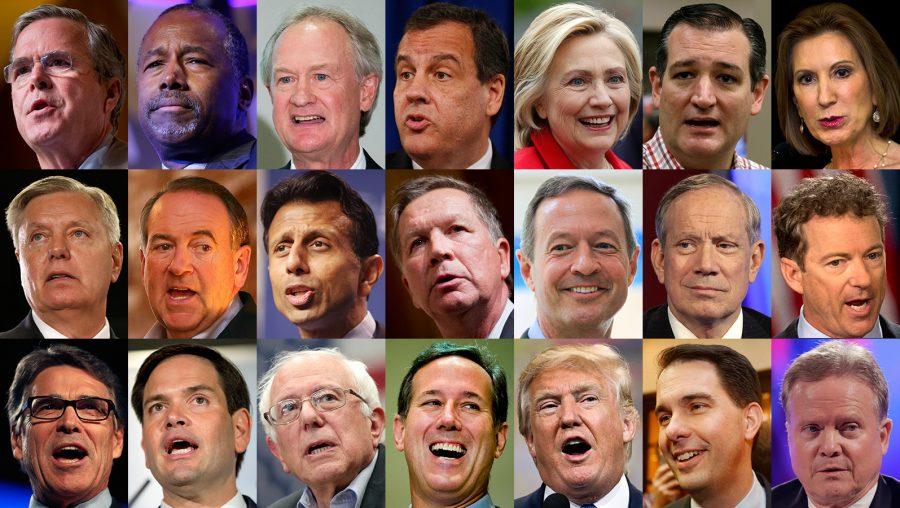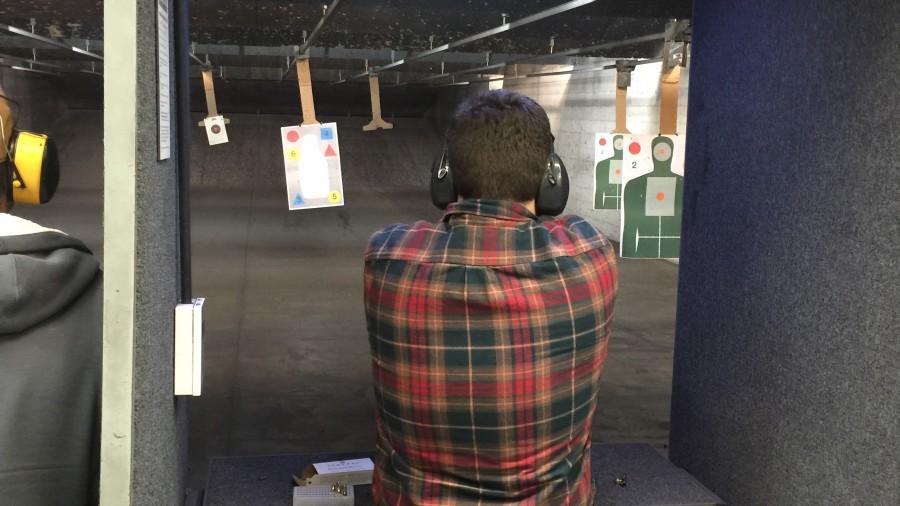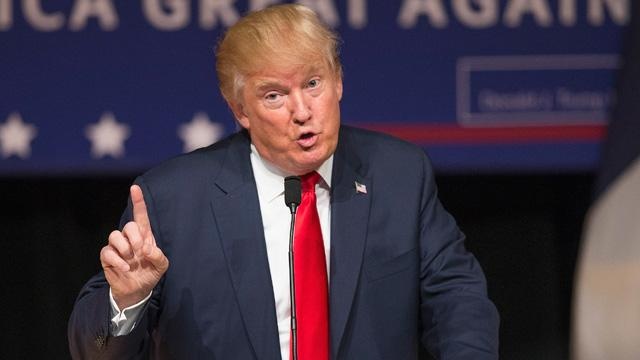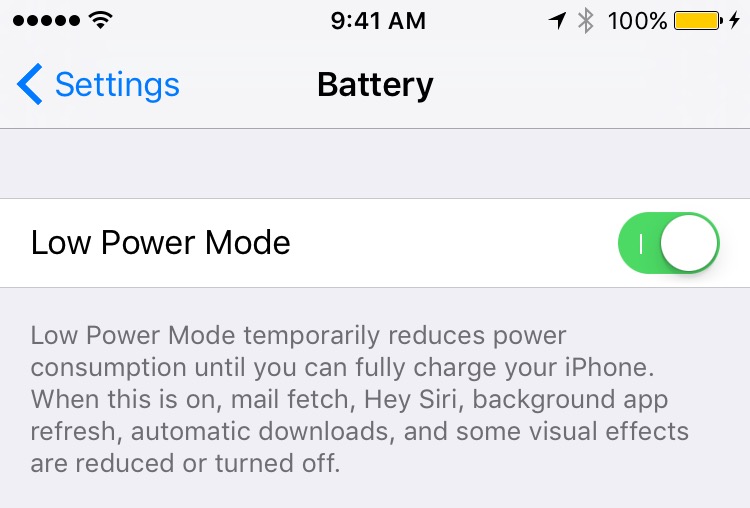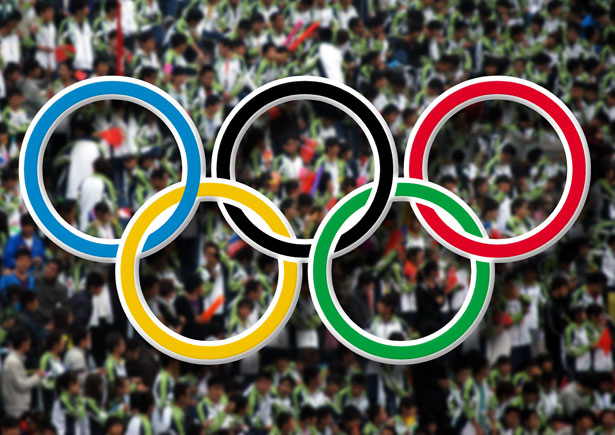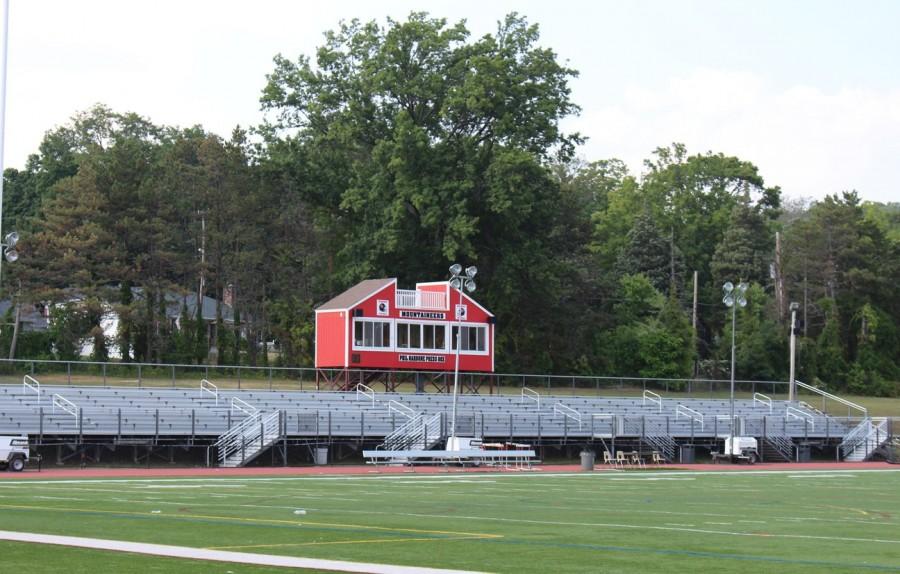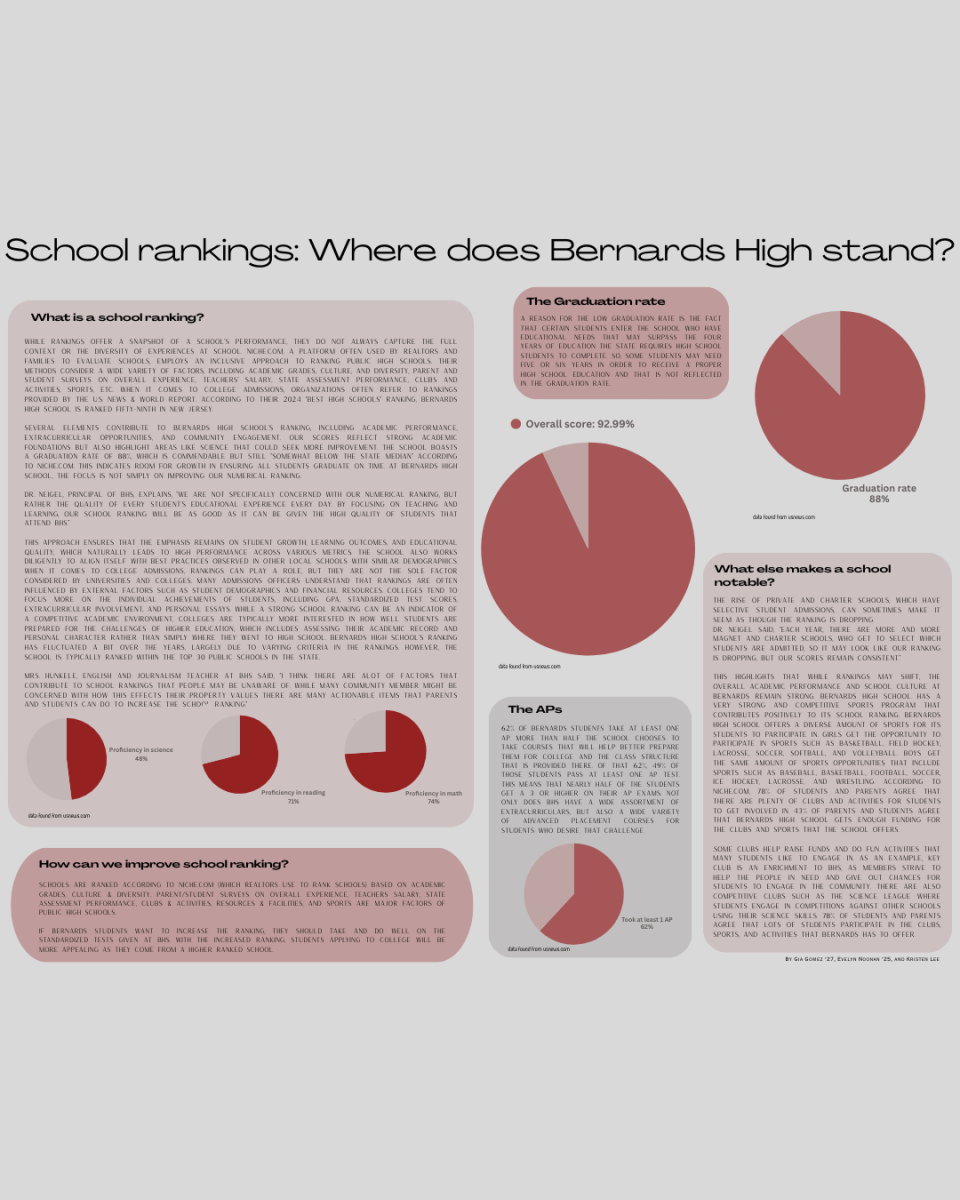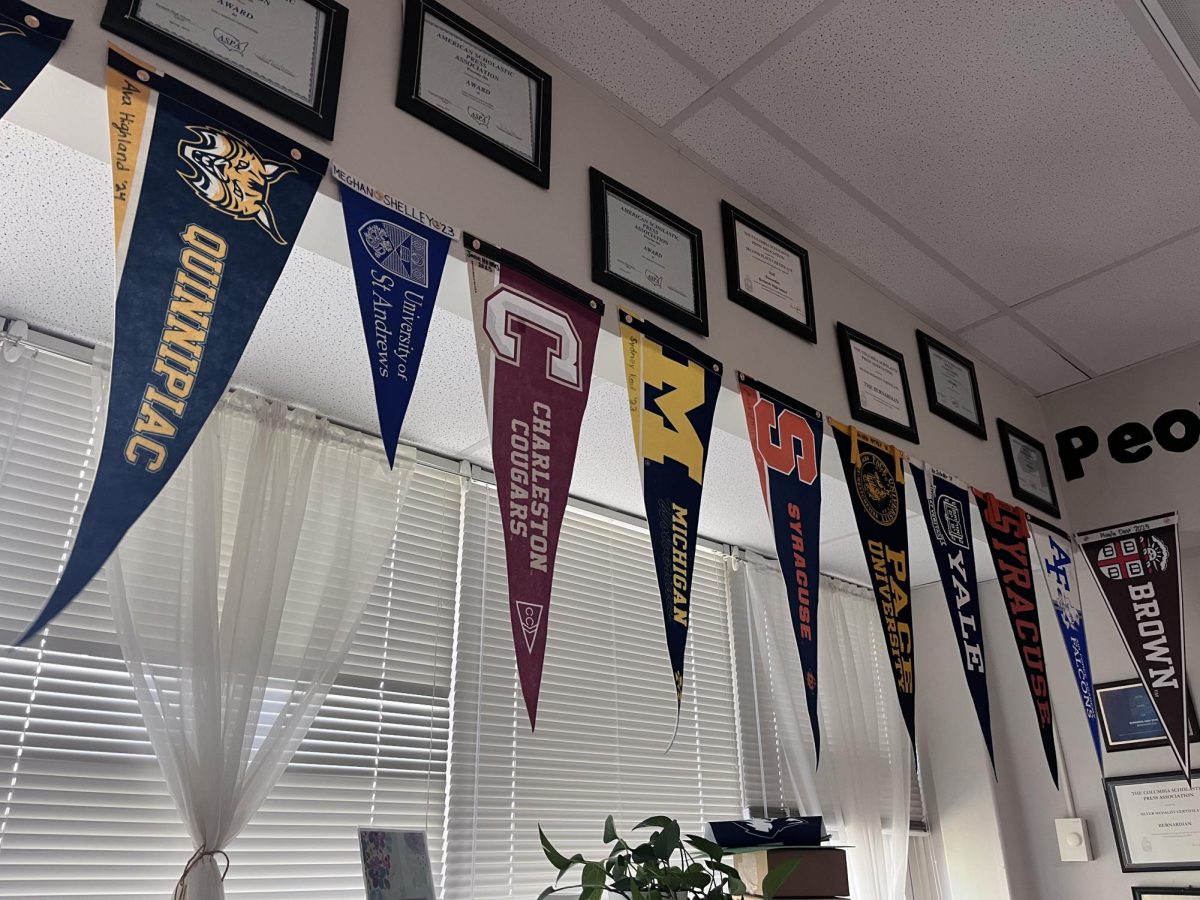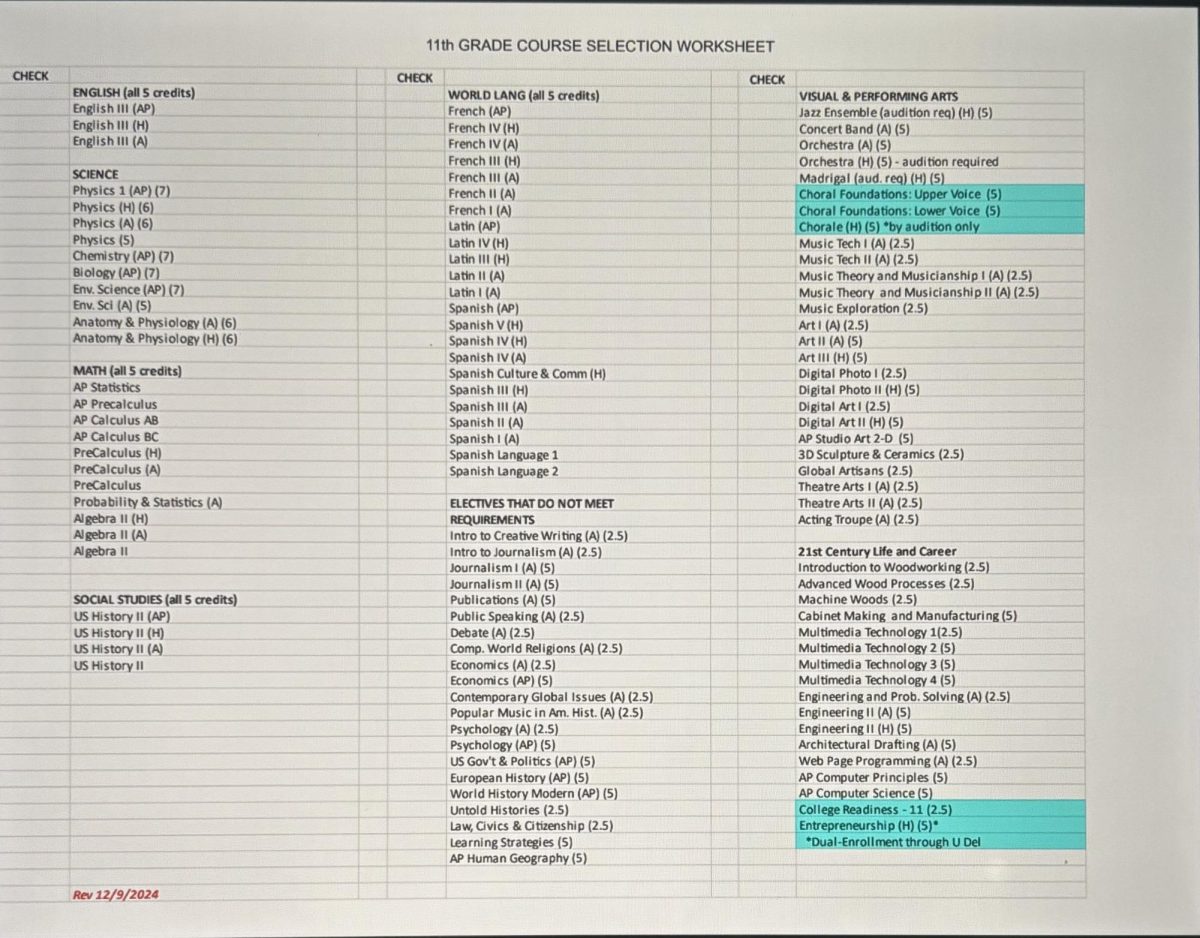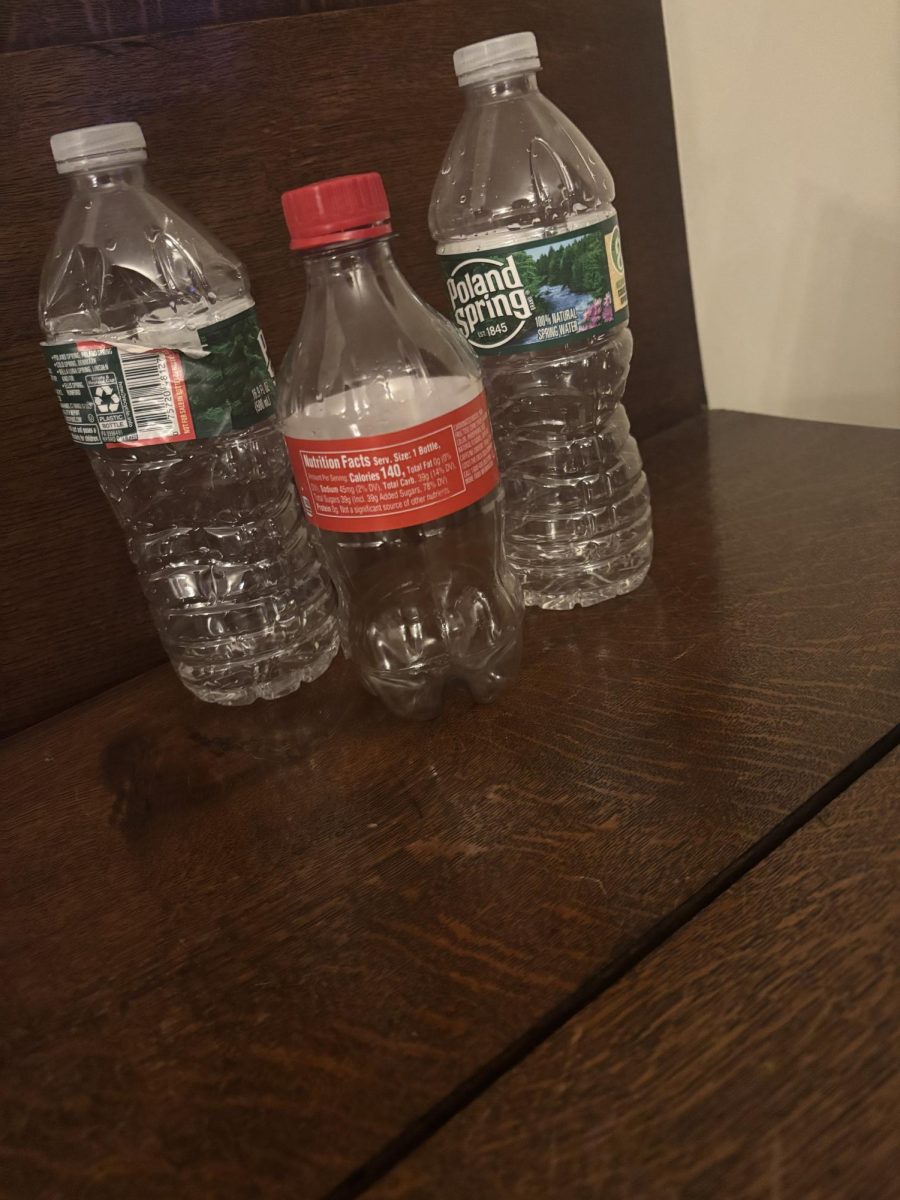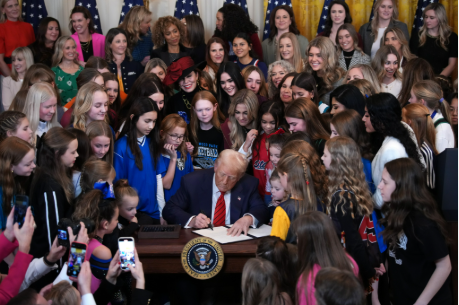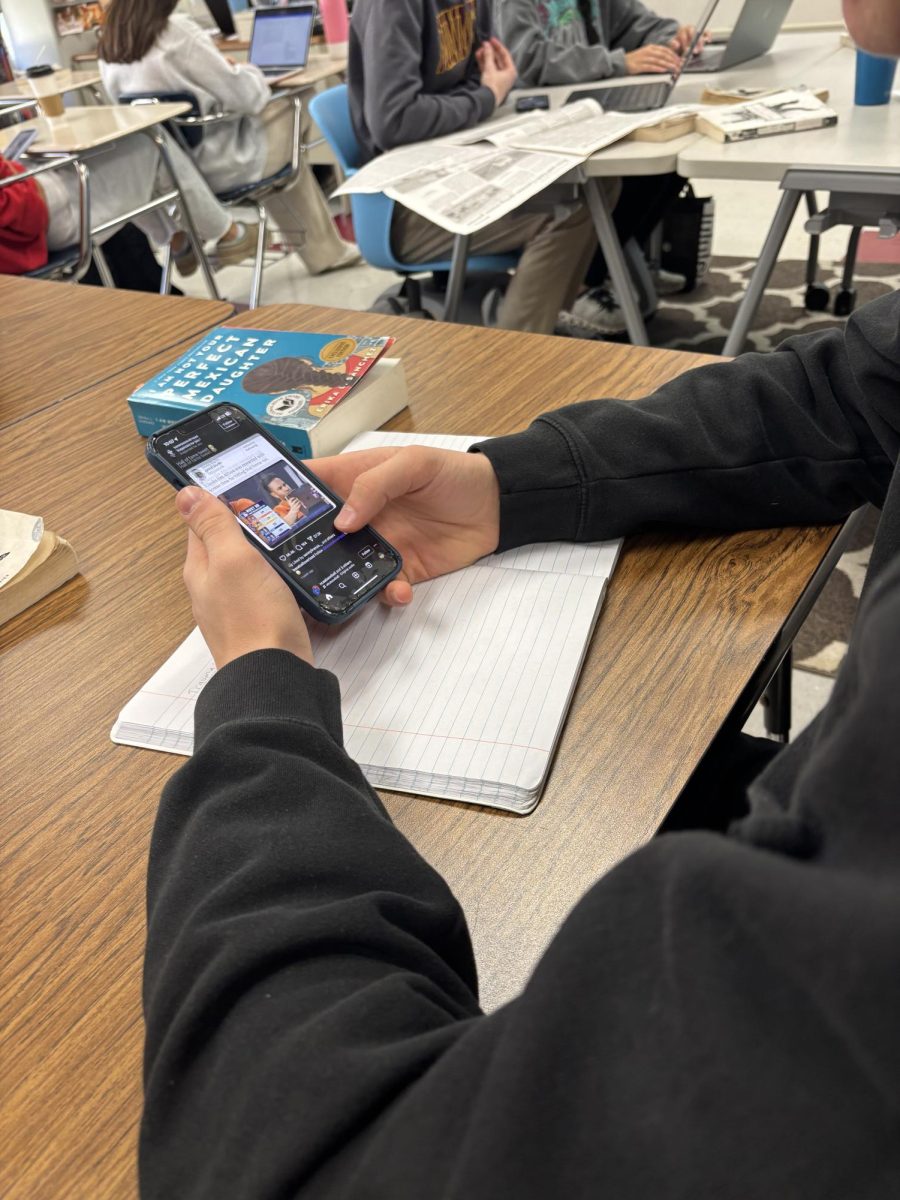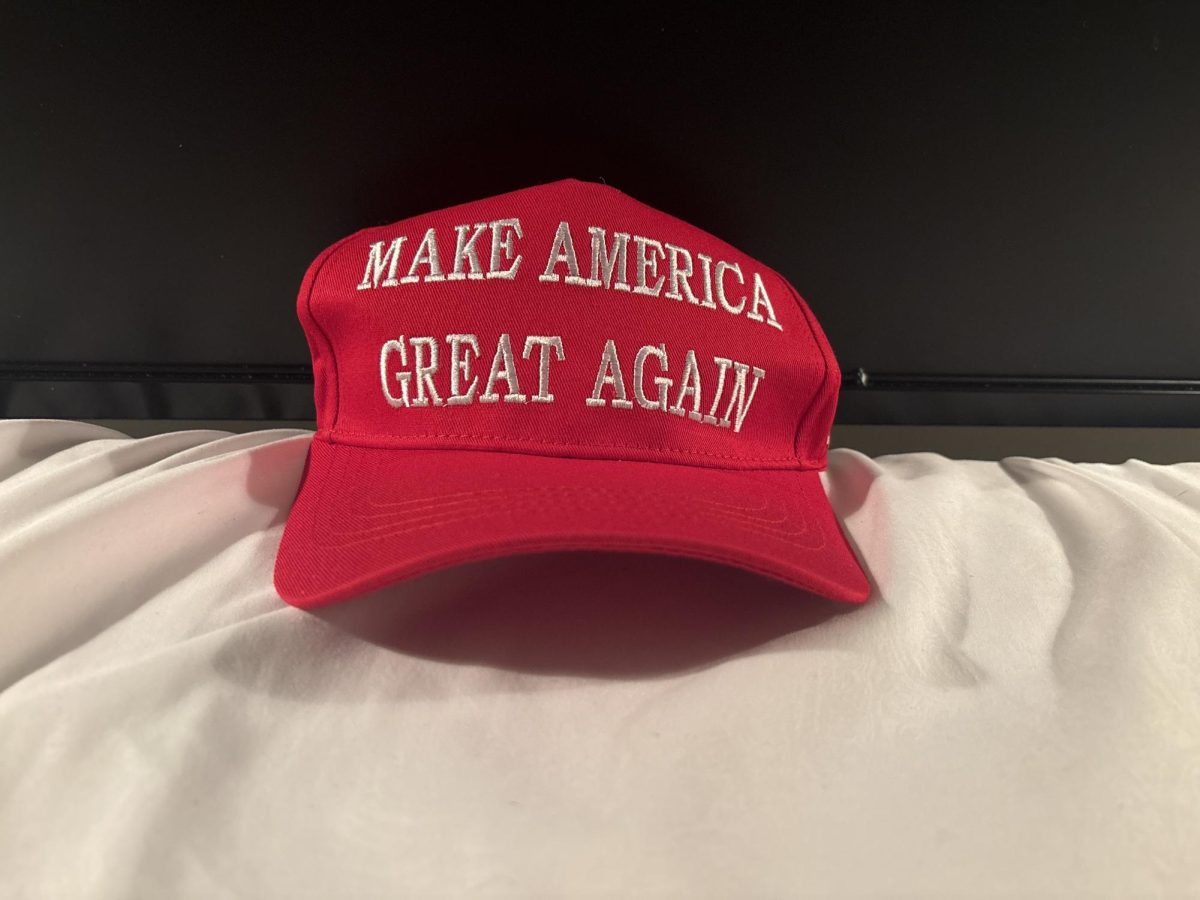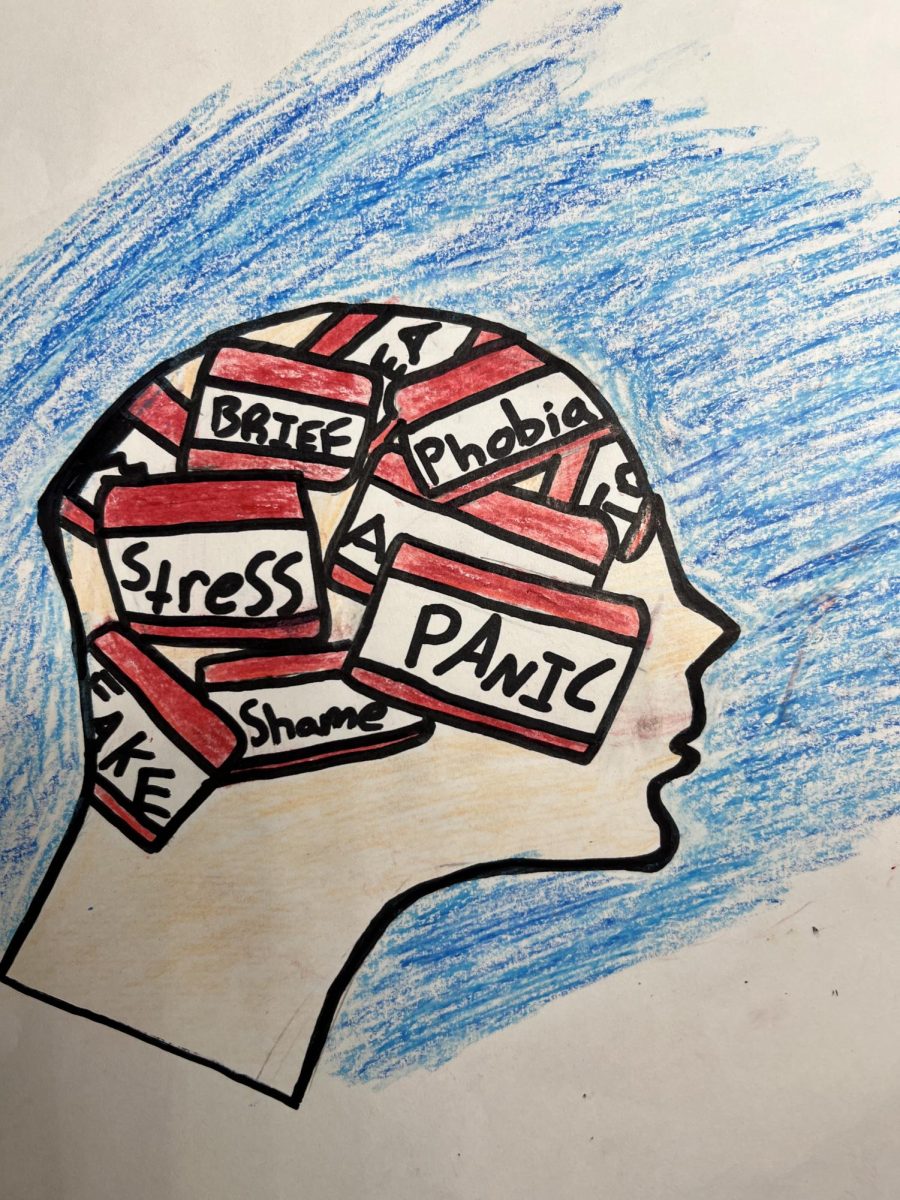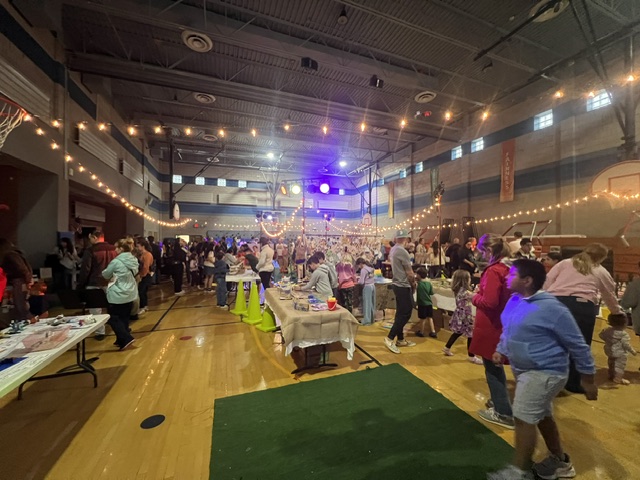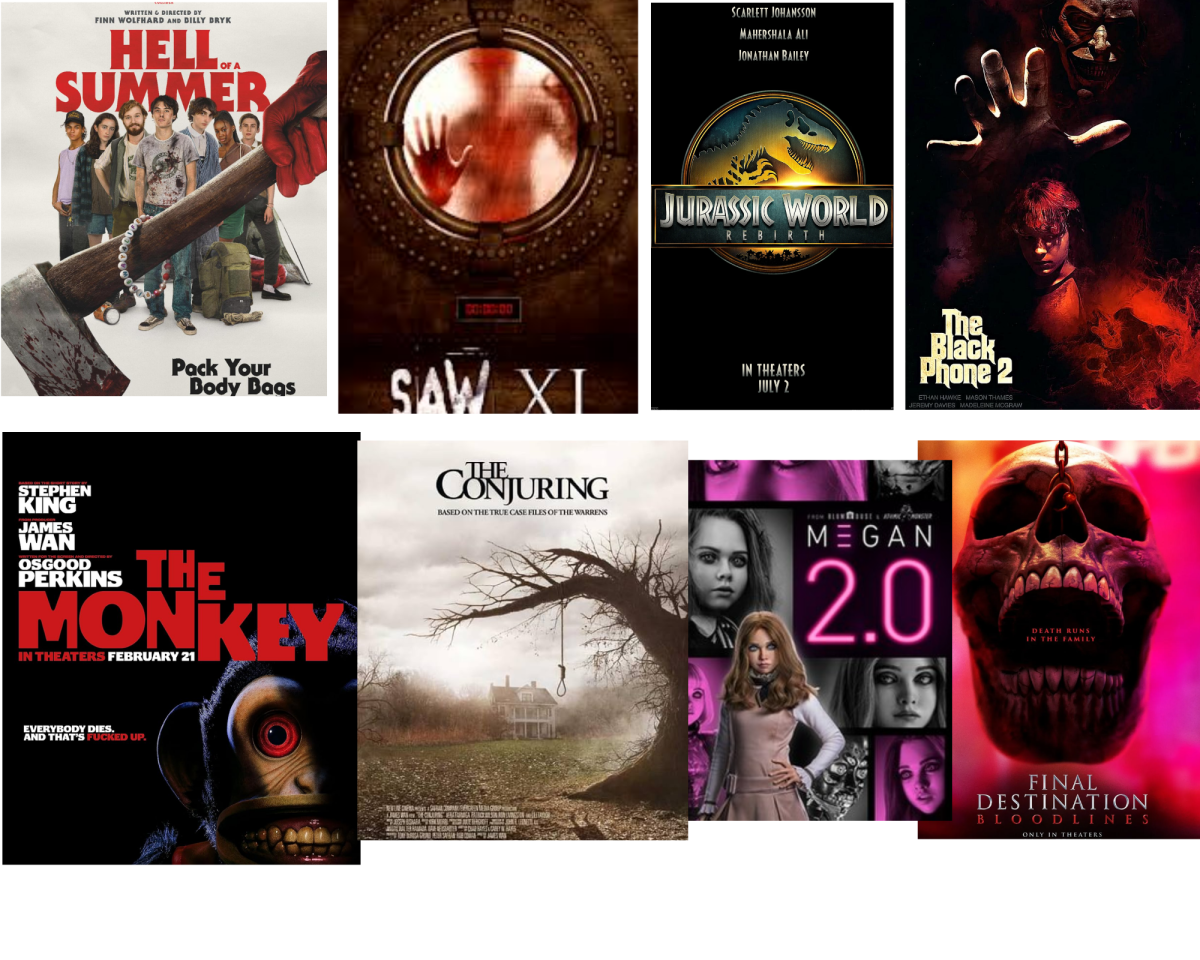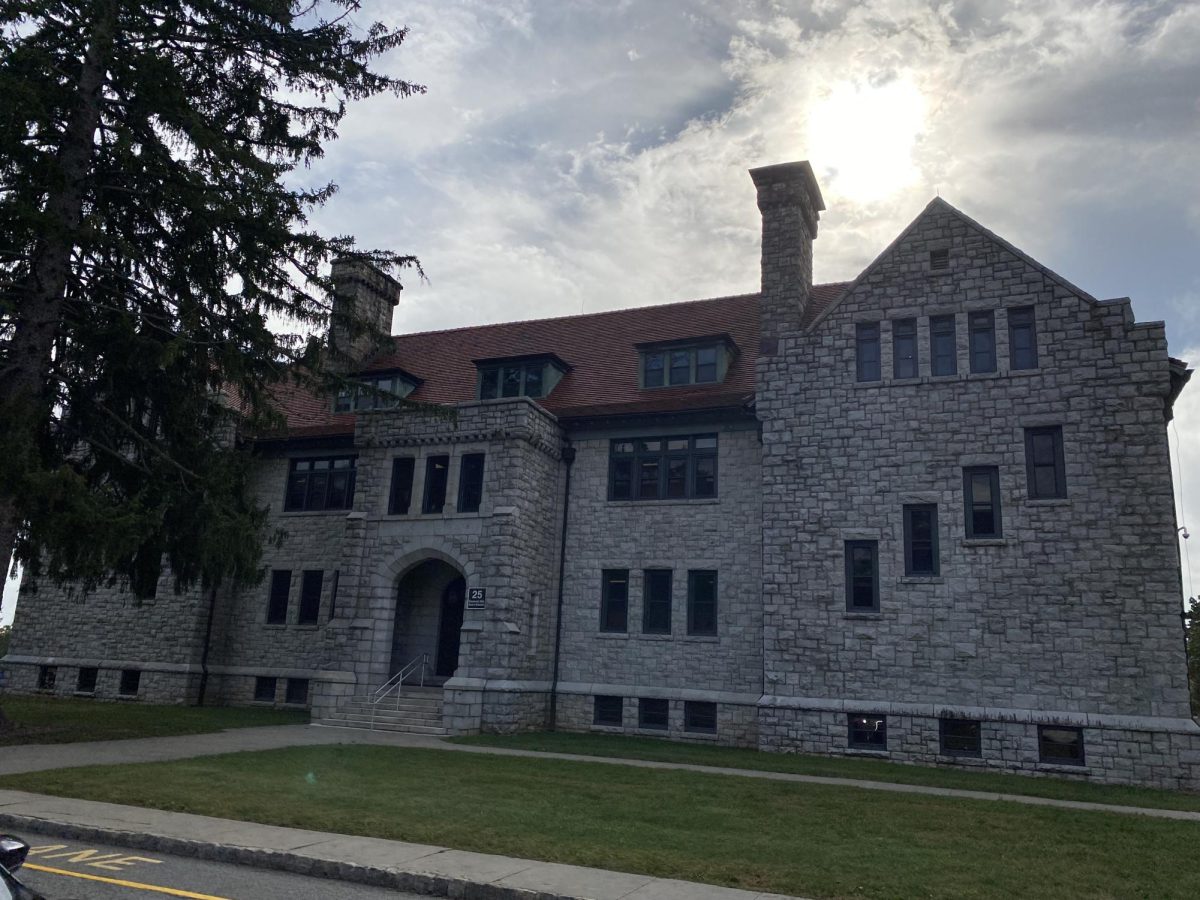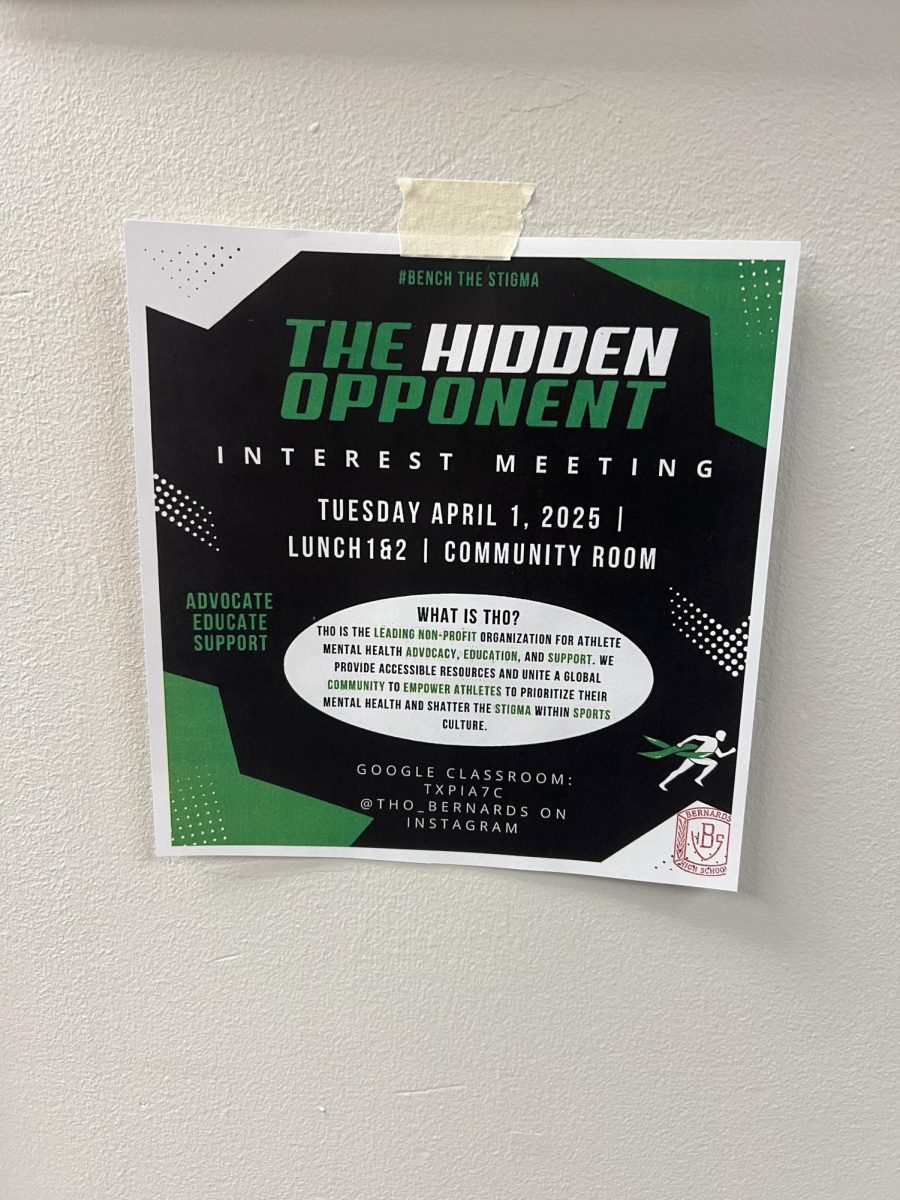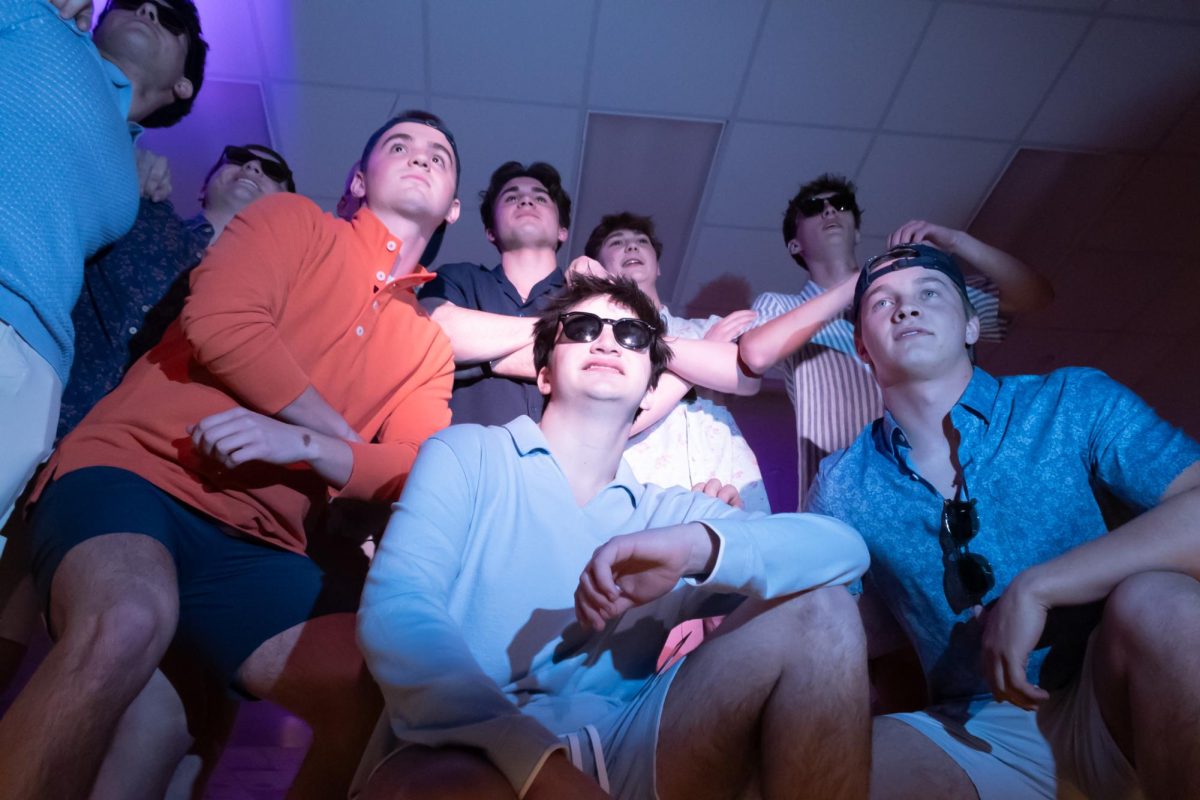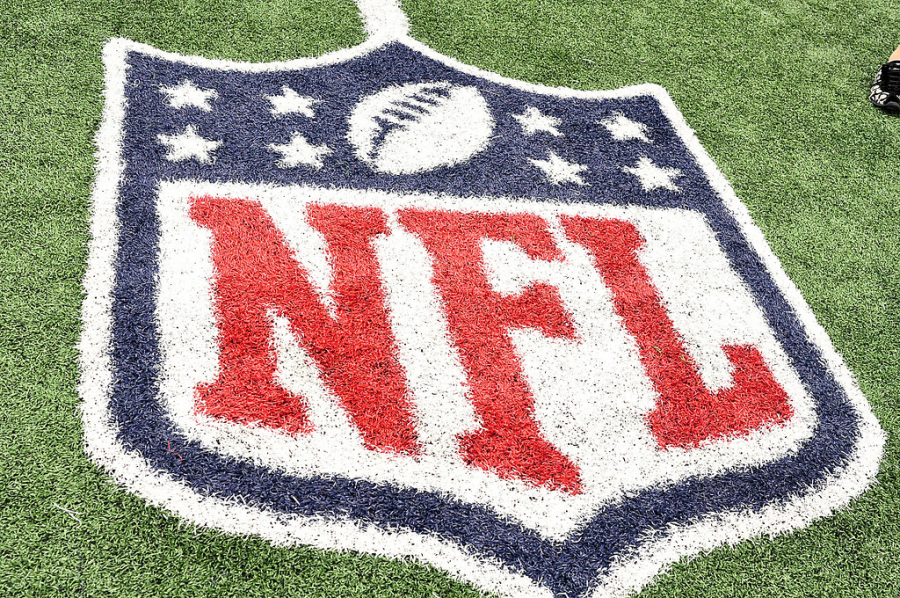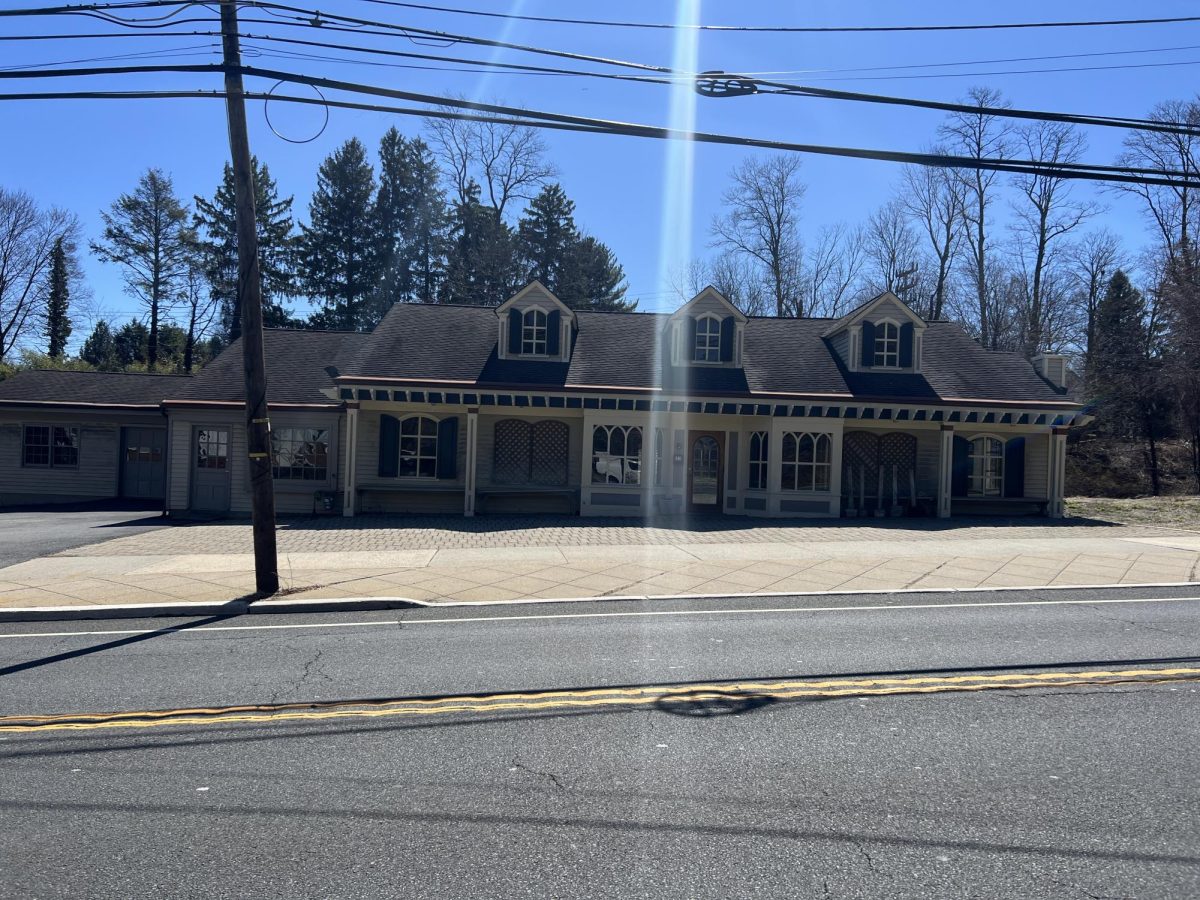In recent years, the climate of political correctness spreading across the United States has changed faster than the polar icecaps are melting- and not for the better.
While there is most certainly a theoretical line of free speech versus hate speech, today, society is forced to walk on eggshells in order to not offend even the slightest demographic.
Whether it is celebrities, media, or even the average shmo on the street, every word said, published on Twitter or posted on Facebook is under scrutiny.
But what happened to the days where there could be a heated, controversial, conversation between two people of differing opinions? And what happened to the time when both the media and the protesters themselves harnessed the power of the First Amendment?
Across the nation, we have reached a turning point in the way that news is reported and consumed by the everyday reader and viewer. Gone are the days of the afternoon newspaper and watching TV news as a family every night. Today’s “no-huddle” culture has turned into a race to report the news as fast as possible and to receive the news as fast as possible. While this may seem like a positive, and in many cases it is as the journalism industry has quickly evolved (and still is evolving).
Earlier this week, African-American football players at the University of Missouri decided to boycott football activities until the school president resigned from his post- and their demands were met, along with the resignation of the school’s chancellor. And while students protested on the Missouri quad singing “We Shall Overcome”, the students and professors protesting decided to bar media access to the quad.
At the University of Minnesota, the student government shot down a proposal that would allow for a moment of silence on anniversaries of September 11th out of fear that it would create an “unsafe space” on campus because the attack was carried out by non-whites. And at colleges all across the country, there have been demands for school presidents to resign due to similar racial issues on campus.
And on the campus of Yale University, calls for the resignation of the school’s first black dean grew to a roar early last week after over two hundred students surrounded the dean and accused him of not recognizing or acting to address the school’s inequality in the treatment of African-American students and staff.
The racial tensions on the Ivy League campus reached a climax when a professor penned a letter criticizing the Intercultural Affairs Committee’s note to students about wearing culturally sensitive Halloween costumes.
While there is a true limit on free speech, these “safe” spaces, or essentially “politically correct” spaces only creates a bubble, much like the one we have in Bernardsville- where it is impossible to express any opinion that rubs the general public the wrong way. This bubble needs to be popped. How can we expect the future generations of students and scholars in our country to have a real discussion about issues that matter if they cannot experience the differing opinions of the world for what they truly are?
The way to solve this is not to promote institutionalized racism, not to promote inequality, but to talk about the “hot-button” topics that causes heated debate with courtesy, respect and common sense.



